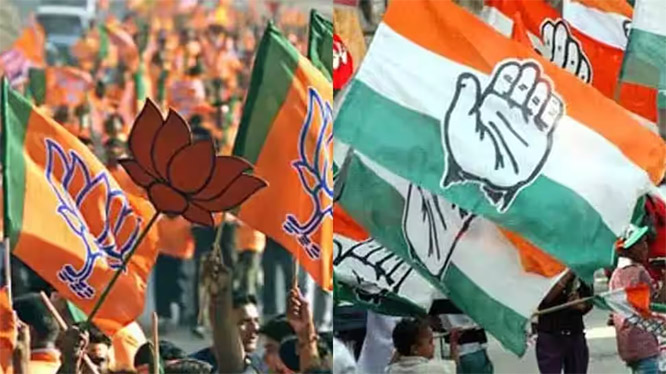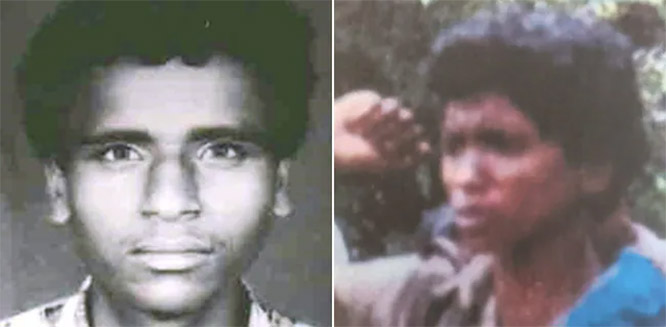Muscat, Oct 21: India made a stupendous comeback after being a goal down as they beat Pakistan 3-1 in the 5th Asian Champions Trophy hockey tournament to stretch their unbeaten streak against arch-rivals to 11 games.
Captain Manpreet Singh (24th), forward Mandeep Singh (31st) and Dilpreet Singh (42nd) scored for the winners with Indian captain's impressive performance earning him 'Man of the Match' award on Saturday night.
India dominated the proceeding despite Muhammad Irfan Jr's first-minute strike that had put Pakistan ahead.
Ranked fifth in the world, India went into the match with a 10-match unbeaten streak against Pakistan but it was the World No. 13 side, who started in good rhythm.
It was a quick start for the Pakistanis as they won a penalty corner in the first minute and managed to score through Irfan Jr, who was the quickest to react after Indian custodian PR Sreejesh had made a save off the PC execution.
The goal came as a setback for the Indian team but they did manage to regain control in the next few minutes, keeping possession and trying to make inroads in the Pakistani defence through darting runs down the flanks.
It was a tactic that worked as they earned a couple of penalty corners. But the Pakistani defence held on in the opening quarter to take their one-goal advantage into the two-minute break.
India tried to look for the equaliser in the second quarter but struggled inside the striking circle.
But it was a moment of magic from skipper Manpreet, which saw India finally get their equaliser as the midfielder showcased individual brilliance to score in the 24th minute.
Manpreet won possession just inside Pakistan's half, making a marauding run into the striking circle and weaving past three defenders in the process to finish the move all by himself as he stroked the ball into the far-post to revive India's spirits.
Both the teams had a couple of chances in the closing stages of the second period, but neither could manage to convert as the teams went into the half-time break level at 1-1.
In the third quarter, it was Mandeep Singh's turn to get his name on the score-sheet and give his team a 2-1 lead.
A turnover in the 31st minute saw Akashdeep Singh make a defence splitting run into the striking circle and pass the ball to fellow striker Mandeep, who had his back towards Pakistani goal but flicked the ball between his own legs as Pakistani Goalkeeper Imran Butt had no chance.
India had a good third quarter as they denied their arch-rivals in making many circle entries and then extended their lead to two-goals as Dilpreet Singh scored his fourth of the tournament to put India 3-1 ahead.
The crucial goal came in the 42nd minute as India attacked their opponents through a quick counter-attack which was led by Akashdeep, who raced past Pakistani midfielders and then found Lalit Upadhyay on the right flank.
Lalit then moved forward towards the baseline and struck a hard low shot towards goal, which was padded by Imran Butt into the path of Dilpreet Singh, who calmly slotted home.
The Indian team maintained their high-pressure play in the last quarter as they looked to win the ball back as soon as they lost possession and won the 50-50 battles to make sure that Pakistan could not have chances to make their way into the match.
Young Goalkeeper Krishan Bahadur Pathak, who replaced Sreejesh playing his 200th game, made a good interception in the last few minutes to help India maintain their strong hold on the match.
India had chances of their own as goal-scorers Mandeep Singh and Dilpreet Singh had opportunities to extend India’s lead even further, but neither could manage to score again.
India will play Japan on Sunday evening.








Comments
Add new comment